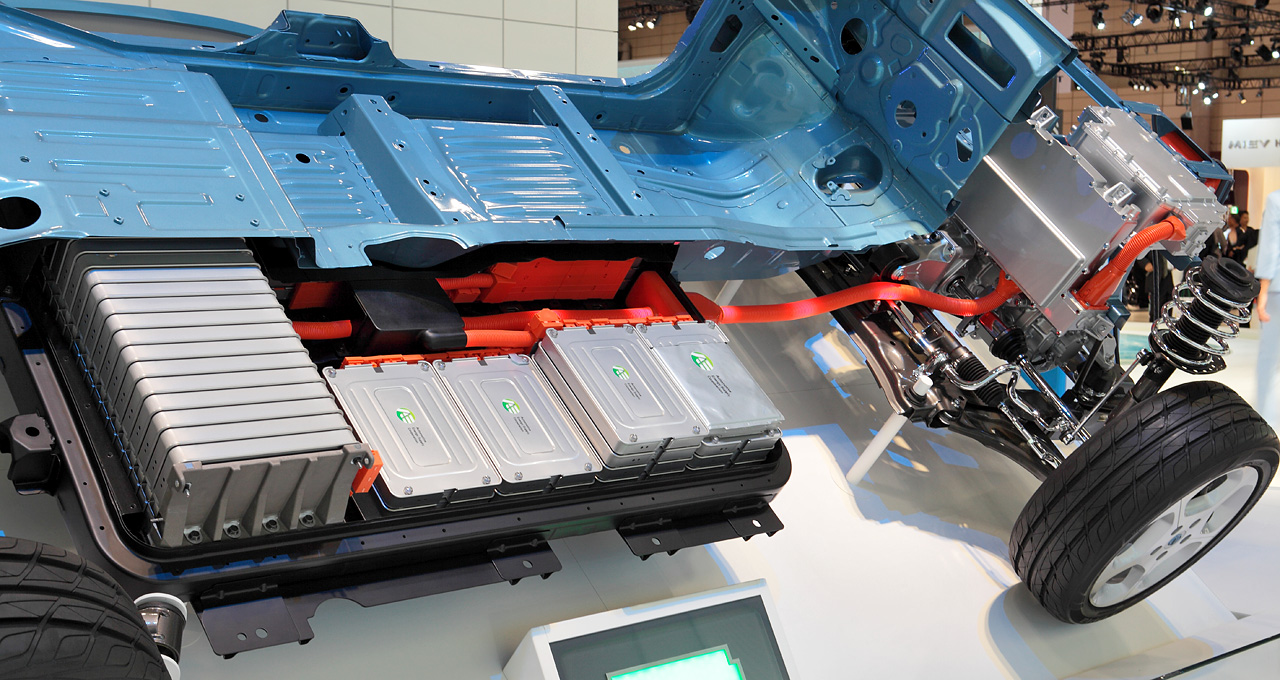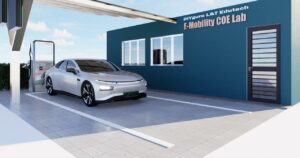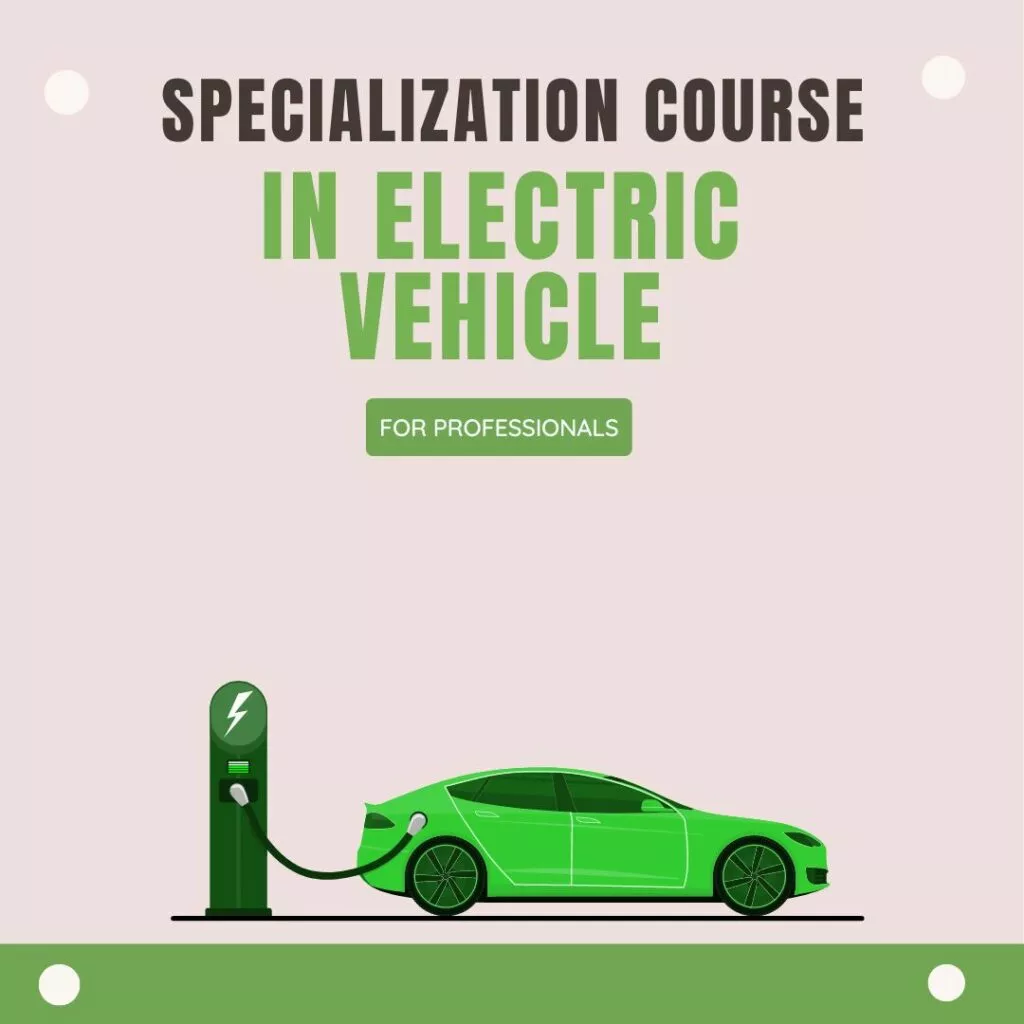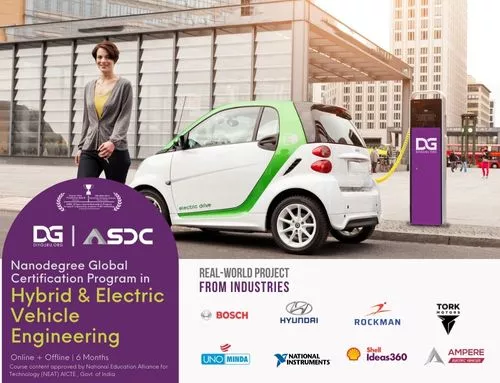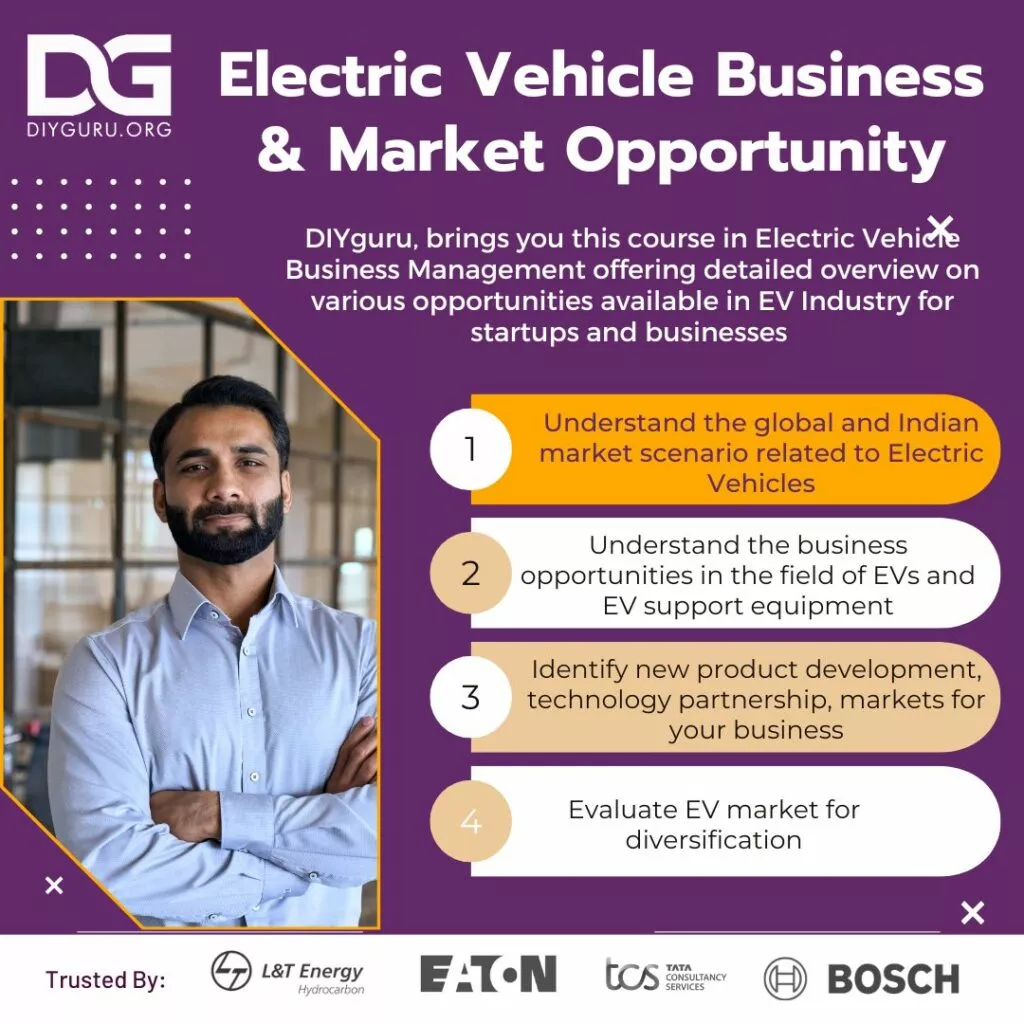Introduction:
Different Form Factors of EV Battery;
The world is moving towards electric vehicles (EVs) as a more sustainable mode of transportation, and the batteries that power these vehicles are a crucial component. EV batteries come in different form factors, each with its own advantages and disadvantages. In this blog post, we will explore the different types of EV battery form factors and their uses.
What are EV Battery Form Factors?
The form factor of an EV battery refers to its physical shape and size. The three most common form factors for EV batteries are cylindrical, prismatic, and pouch. Each of these form factors has its own unique advantages and disadvantages that make them better suited for different types of EVs and applications.
Cylindrical Battery Cells:

Cylindrical battery cells are the oldest and most commonly used form factor for EV batteries. These batteries have a long cylindrical shape and are commonly referred to as 18650 or 2170 cells, depending on their diameter and length. The most significant advantage of cylindrical cells is their high energy density, which makes them ideal for use in EVs that require a lot of power, such as Tesla’s electric cars. Cylindrical cells are also easy to manufacture and have a long lifespan. However, their cylindrical shape makes them less space-efficient, and they require more packaging material to fit into an EV’s battery pack.
Prismatic Battery Cells:
Prismatic battery cells have a rectangular shape and are commonly used in EVs that require a high power-to-weight ratio. These batteries have a higher energy density than cylindrical cells, making them more space-efficient and lighter. The rectangular shape of prismatic cells makes them easier to package, reducing the amount of packaging material needed. However, prismatic cells have a lower lifespan than cylindrical cells, making them less durable and more prone to degradation over time.
Pouch Battery Cells:

Pouch battery cells are the newest and most innovative form factor for EV batteries. These batteries have a thin, flat shape and are commonly used in EVs that require a high power density and low weight, such as electric bikes and scooters. Pouch cells are the most space-efficient of all the EV battery form factors, making them ideal for smaller EVs. They are also the lightest form factor, making them perfect for use in portable EVs. However, pouch cells have a lower energy density than cylindrical and prismatic cells, making them less suitable for high-power EVs. They are also less durable than cylindrical cells and prone to punctures and leaks.
Conclusion:

In conclusion, the form factor of an EV battery is an essential consideration when selecting an EV for a particular application. Cylindrical cells are best suited for high-power EVs, prismatic cells for high power-to-weight ratio EVs, and pouch cells for small and portable EVs. Each form factor has its own unique advantages and disadvantages, and it is up to the EV manufacturer to choose the best form factor for their particular application. By understanding the different EV battery form factors, we can choose the right EV for our needs and help reduce our carbon footprint.
What are the most common types of EVs that use prismatic batteries?
Prismatic batteries are commonly used in hybrid electric vehicles (HEVs) and plug-in hybrid electric vehicles (PHEVs). These types of vehicles typically have smaller battery packs than all-electric vehicles, and the lower energy density of prismatic batteries is sufficient for their needs. However, prismatic batteries can also be used in all-electric vehicles, especially those that prioritize space efficiency over maximum driving range. Ultimately, the type of battery used in an EV depends on the vehicle’s specific requirements and the manufacturer’s preferences.
what are the advantages of using cylidrical batteries in electric vehicle?
Cylindrical batteries have a high energy density, long lifespan, better heat dissipation, low self-discharge rate, and compatibility with existing technology, making them a popular choice for EV manufacturers.
what are the disadvantages of using pouch batteries in electric vehicle?
Pouch batteries have a lower energy density than cylindrical batteries, which can result in a shorter driving range for the EV. They are also less durable than other battery form factors and require additional packaging to prevent damage. Additionally, pouch batteries are more susceptible to swelling and overheating, which can lead to safety concerns.
FAQs:
Q1. What is an EV battery form factor?
Ans. An EV battery form factor refers to the physical shape and size of the battery, which can affect its energy density, power output, packaging efficiency, and durability.
Q2. What are the three common form factors for EV batteries?
Ans. The three common form factors for EV batteries are cylindrical, prismatic, and pouch.
Q3. What are cylindrical battery cells?
Ans. Cylindrical battery cells are the oldest and most commonly used form factor for EV batteries, with a long cylindrical shape and high energy density.
Q4. What are prismatic battery cells?
Ans. Prismatic battery cells have a rectangular shape and higher energy density than cylindrical cells, making them more space-efficient and lighter.
Q5. What are pouch battery cells?
Ans. Pouch battery cells have a thin, flat shape and are the most space-efficient and lightweight form factor, but have lower energy density and durability than cylindrical and prismatic cells.
Q6. Which EVs use cylindrical battery cells?
Ans. Cylindrical battery cells are commonly used in high-power EVs like Tesla’s electric cars.
Q7. Which EVs use prismatic battery cells?
Ans. Prismatic battery cells are commonly used in EVs that require a high power-to-weight ratio.
Q.8 Which EVs use pouch battery cells?
Ans. Pouch battery cells are commonly used in small and portable EVs like electric bikes and scooters.
Q9. What are the advantages of cylindrical battery cells?
Ans. The advantages of cylindrical battery cells include high energy density, long lifespan, and ease of manufacturing.
Q10. What are the advantages of pouch battery cells?
Ans. The advantages of pouch battery cells include high space efficiency, low weight, and flexibility in design.


